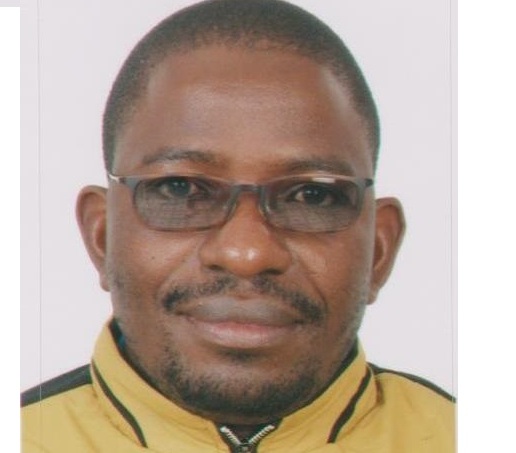The programmes offered in Department of Religious Studies and Ethics take a multicultural approach where diversity and tolerance of other religions will be emphasized. These programmes become more important in the light of social and cultural upheaval in wake of globalization, rapid development in information technology and urbanisation. These new challenges emerging from increasing secularism at local, national and international level, in both rural and urban areas require new perspectives from scholars in religious studies and theology. Such problems require new religious and philosophical insights, deep scholarly research to inform the different religious communities and give the new interpretations of the different religions in a global village. Thus, the Department of Religious Studies and Ethics is concerned with contributing to the development of knowledge not only in the African context but also beyond the borders of Africa.
VISION
To be a unique and pace-setting Religious Studies Department that produces innovative and high caliber graduates equipped with quality information on religious, ethical, philosophical, Biblical and theological domains.
OBJECTIVES
- To provide well-trained mentors for the different religious institutions nationally and regionally.
- To provide leadership for religious, biblical, ethical and theological education through consultancy and support services to the community.
- To facilitate research and publication in Religious Studies.
- To stimulate collaboration among existing religious bodies and theological institutions in Zimbabwe and beyond.
- To initiate religious, biblical, ethical and theological initiatives that address the many challenges of the world such as war, HIV/AIDS, famine and environmental change.
CAREER PROSPECTS
Religious Studies graduates can find employment; in high schools offering lessons on all issues covered under the revised curriculum,: religious institutions as counsellors, lecturers, administrators or pastors; linguists, creative writers, lexicographers, in NGOs as gender activists, counsellors; those who are pastors already can be employed as Chaplains for the uniformed forces like the Prisons, Police, Army; in welfare institutions as gender activists, HIV/AIDS counsellors and advisors; in colleges and universities as lecturers and any other religious oriented fields.


